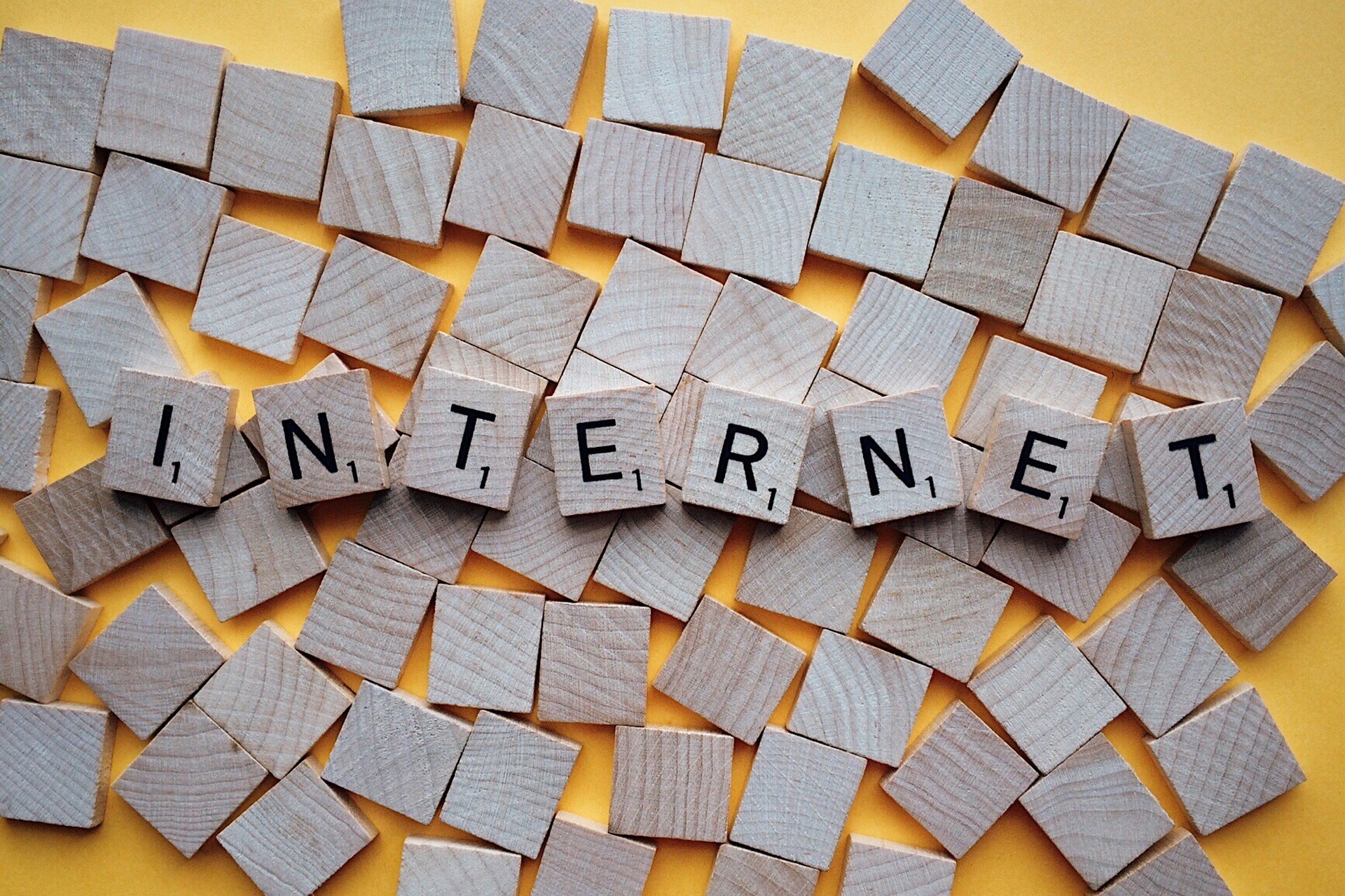Reinventing the Wheel: The Shift Towards Decentralized Internet
In an era where digital privacy and data ownership have become paramount, the concept of a decentralized internet is gaining traction. But what is it, and how does it impact you? Read below to unravel the potential of this radical approach to internet architecture.

Decentralized Internet: An Overview
Often referred to as Web 3.0, the decentralized internet represents a significant change from the current model. Rather than storing data on centralized servers owned by a handful of large companies, Web 3.0 distributes data across numerous nodes. This approach not only promotes data privacy and security but also enhances internet resilience against cyberattacks and natural disasters.
Blockchain: The Backbone of Decentralization
Blockchain technology, primarily known for its role in cryptocurrencies, is the key enabler of the decentralized internet. It offers a secure, transparent, and immutable record of transactions, which are spread across various nodes. This technology ensures data integrity and prevents unauthorized access, making it a reliable alternative to traditional centralized systems.
The Role of Decentralized Apps (DApps)
Decentralized applications or DApps play a pivotal role in the decentralized internet ecosystem. Unlike traditional apps, DApps are hosted on blockchain networks and are not controlled by a single entity. They offer improved privacy and control over personal data, and their open-source nature encourages innovation and competitive services.
Net Neutrality and Decentralized Internet
The decentralized internet also holds promise for net neutrality, the principle that all internet traffic should be treated equally. By distributing data across numerous nodes, Web 3.0 can prevent large companies from monopolizing internet services and ensure fair access for all users.
Challenges and Future Prospects
Despite its promising benefits, the decentralized internet faces significant challenges before mainstream adoption. These include scalability issues, regulatory uncertainties, and the need for more robust blockchain technologies. However, with ongoing research and development, these hurdles are likely to be overcome, paving the way for a more equitable and secure internet.
Useful Tips and Facts: - Decentralized Internet can provide enhanced privacy and security of personal data. - Blockchain and DApps are key components of the decentralized internet. - Web 3.0 can uphold the principles of net neutrality. - Despite challenges, the future of a decentralized internet looks promising.
In conclusion, the decentralized internet represents a radical shift from the current internet architecture. By leveraging blockchain technology and DApps, it provides improved data privacy, security, and net neutrality. While there are still hurdles to overcome, the prospects of a decentralized, user-centric internet are exciting and hold enormous potential for our digital future.






